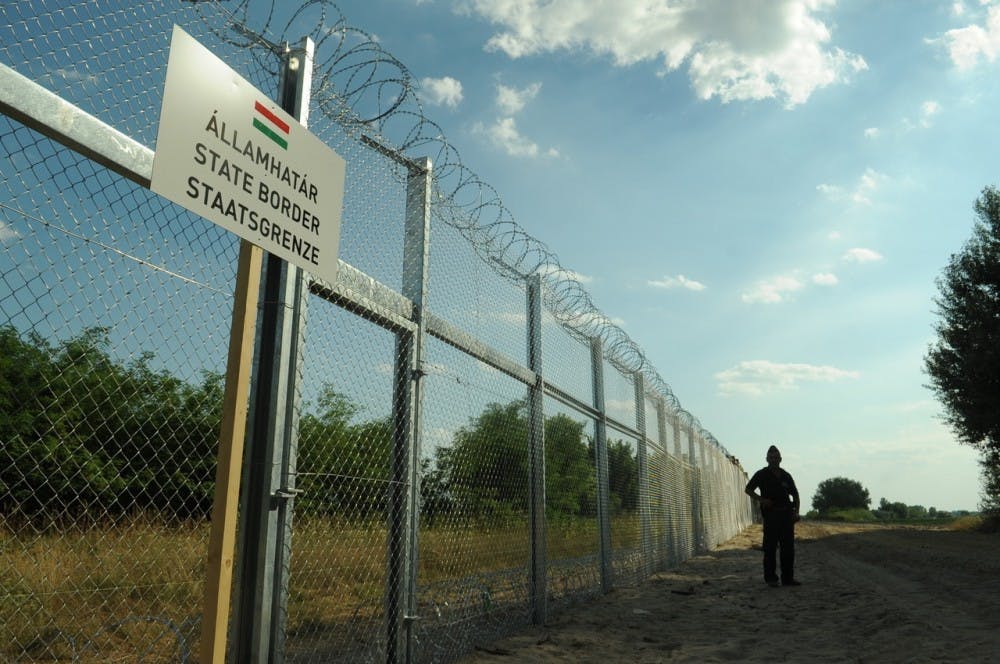Refugees from Syria have been scattered throughout Europe, and University of Richmond students abroad have noticed the impacts.
Prior to the beginning of the Syrian civil war in 2011, the country’s population was 22 million. Since then, 10.6 million Syrians have been displaced from their homes, according to the UN Refugee Agency.
In the midst of the migration crisis, the largest in Europe since World War II, Richmond has 307 students abroad.
One country in particular, Hungary, is a highly sought-after destination for Syrian refugees in Eastern Europe. The country is now taking measures to heighten its security to prevent further Syrian immigration, according to the UN Refugee Agency.
Last month, Hungary constructed a razor-wire fence that stretches 110 miles along its southern border with Serbia where refugees have been entering the country, according to the Syrian Observatory for Human Rights.
Since then, the Syrian refugees seeking entry into the country have been met with pepper spray and water cannons from Hungarian police.
The crisis has had a noticeable impact on Hungary, said Emily Arches, a junior studying abroad in Budapest, Hungary.
“The Prime minister of Hungary actually declared a state of emergency on the Hungarian-Serbian border and authorized the use of rubber bullets on the migrants,” Arches said. “That was kind of scary but at least it’s not close to us and is on the other side of the country.”
Although it has had a visible impact, not every country has been impacted in a negative way, said Tyler Miko, a junior studying abroad in Amman, Jordan.
“Jordan is the third most water-poor state on Earth, and lacks the oil reserves that have made the Gulf states to the south and east rich,” Miko said. "But by being consistently safe and stable it has become one of the largest havens for refugees in the region.”
More than 1.4 million Syrians live in Jordan, which has only 6.7 million inhabitants. Among them, 629,266 are refugees, according to the UN Refugee Agency.
“Instead of being viewed as a drain on already-thin resources, these refugees are allowed to live, work and set up new lives,” Miko said.
Enjoy what you're reading?
Signup for our newsletter
The EU is seeking to relocate 160,000 Syrian refugees in the coming months to various European countries, such as France and Germany, according to the European Commission.
Contact reporter Matt Davison at matt.davison@richmond.edu.
Support independent student media
You can make a tax-deductible donation by clicking the button below, which takes you to our secure PayPal account. The page is set up to receive contributions in whatever amount you designate. We look forward to using the money we raise to further our mission of providing honest and accurate information to students, faculty, staff, alumni and others in the general public.
Donate Now



